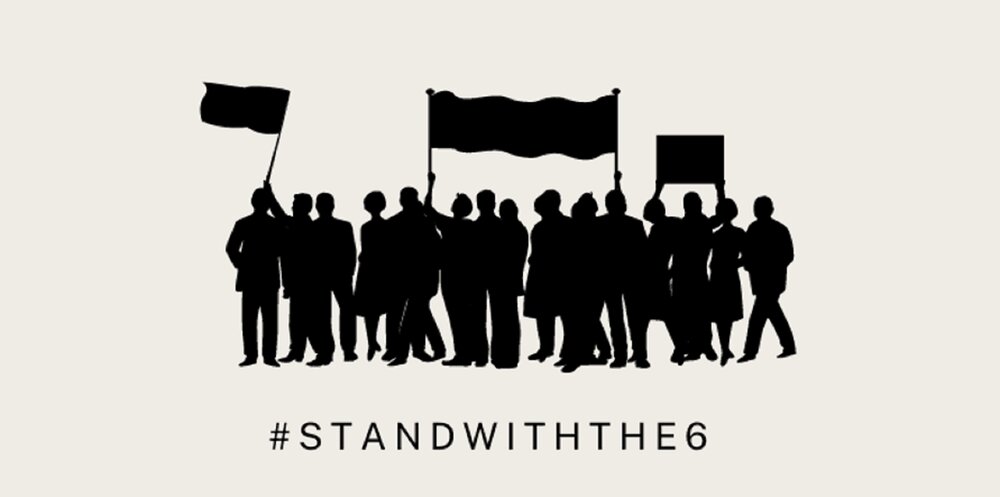Hawzah News Agency –In a legal expert opinion on Israel’s recent decisions to designate six Palestinian human rights and civil society groups as “terrorist organizations” and “unlawful organizations”, Adalah – The Legal Center for Arab Minority Rights in Israel said the decisions are marred by critical due process flaws and shortcomings, falling short of international standards and amounting to significant violations of the rights of Palestinians.
Adalah has been providing legal consultation and advice to all six organizations, since Israel’s Minister of Defense designated them as “terrorist organizations” under Israel’s 2016 Counter-Terrorism (Anti-Terror) Law on 19 October 2021.
The Palestinian groups are: Addameer Prisoner Support and Human Rights Association, Al-Haq, the Bisan Center for Research and Development, Defense for Children International – Palestine (DCI-P), the Union of Agricultural Work Committees (UAWC), and the Union of Palestinian Women’s Committees (UPWC).
Following the Minister of Defense’s designations, the groups were also declared as “unlawful associations” by the Israeli Military Commander under the 1945 Emergency (Defense) Regulations.
In the expert opinion, Adalah analyzes the two legal measures that the Israeli Defense Minister and the Israeli Military Commander have deployed to criminalize the activity of Palestinian human rights and civil society organizations, stop their operations, seize their assets, and levy penalties against their directors, staff, and supporters. Both measures – under the Counter-Terrorism Law and the Emergency Regulations – are marred by critical due process flaws and shortcomings, falling short of international standards and amounting to significant violations of the rights of Palestinians, said the rights group.
Adalah’s main observations:
- Overbroad and vague definitions: The categories of “terrorist organization” and “unlawful association” created by Israel’s domestic law and military law frameworks permit Israel’s Minister of Defense and the Israeli military commander to outlaw groups that engage in lawful activities using legal means.
- Wide discretion: Under both legal frameworks, the relevant Israeli authorities do not need to justify their determinations, and the orders themselves are not immediately reviewable by any court or tribunal. The organizations and their members did not have any opportunity to challenge the designation and declaration orders prior to their issuance, or even to review the information used to justify the orders.
- Extreme penalties: The designation results in severe and disproportionate implications for the organizations, their staff and members, and their supporters. Such implications include seizure of the organizations’ property and assets and up to twenty-five years’ imprisonment for its directors. Both legal regimes also criminalize public expressions of “praise”, “support” or “sympathy” with the designated groups and/or their actions and objectives. The designations threaten to isolate these groups, impugn their credibility, and disrupt their fundraising efforts.
- Secret evidence and no due process: Both legal frameworks fail to provide the minimum standards of fair trial and due process. In particular, both permit the sweeping use of secret evidence, which is undisclosed to the affected parties and upon which the relevant Israeli authorities may rely in issuing final decisions. Petitioning the Israeli Supreme Court – which many only take place after the exhaustion of other legal procedures that deny due process – also does not solve these problems, as the Court has consistently shown great deference to the Israeli security apparatus in cases purported to involve national security matters.
Adalah said in the conclusion that in its view, due process requires, at the bare minimum, that the Israeli authorities disclose to the six Palestinian human rights and civil society organizations and before the public, all of the materials that they claim justify the outlawing of the groups. Only in this way may the groups have a meaningful opportunity to interrogate and challenge all evidence, it said.
Following the passage of the Counter-Terrorism Law in 2016, Adalah submitted a detailed position paper to the Israeli Attorney General arguing against the Law and its main provisions, and demanding its cancellation.


Your Comment